Wilfred Murungi had worked in DR Congo, selling cigarettes in dollars on the bonnet of an old Land Rover. The returns were crazy
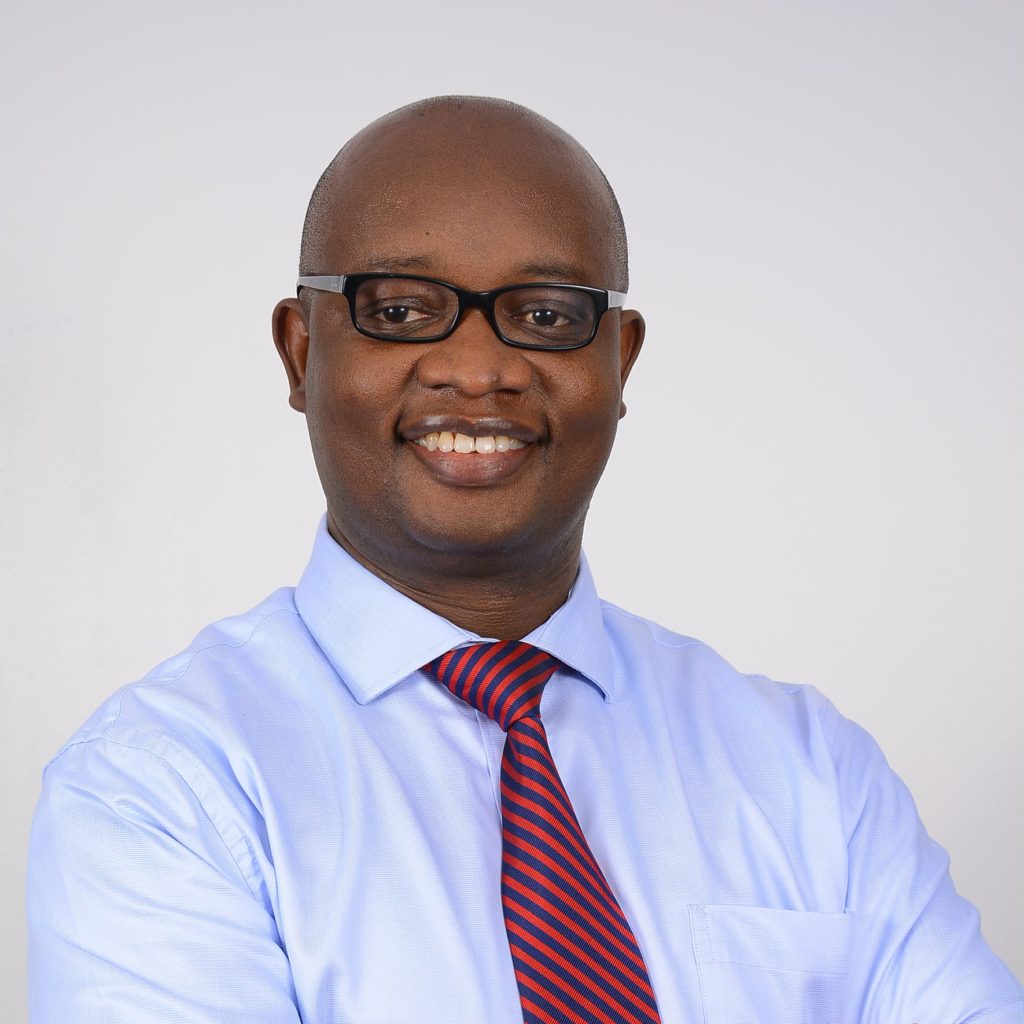
The First Law of Millions states that “every millionaire creates wealth at somebody else’s expense.”
By GW Ngari
Editor-at-Large
Business spin-offs: The case Edwin Dande and Cytonn
You are getting off with ideas, customers and knowledge of market gaps
Business spinoffs are mostly founded on leaving a giant company and expanding on a slightly different tangent.
Take Cytonn, the real estate and investment firm. It was founded in 2014 by former employees of Britam Asset Managers namely; Edwin Dande, Patricia Wanjama, Shiv Arora and Elizabeth Nkukuu. Rigidity of Britam to diversify into real estate saw them leave to found a company now managing about Sh80 billion worth of projects in real estate, private equity and structured solutions. The four offloaded 10 percent of their stake to external investors and have hopes of listing at the NSE.
Then there is the late Wilfred Murungi and Mastermind Tobacco, makers of Supermatch and Rocket brands. The man nicknamed ‘Master’ previously worked for BAT Kenya as an engineer before seeing an opportunity in the lower end of the cigarette butt, the rural and peri-urban coughers. He had worked in DR Congo, selling cigarettes in dollars on the bonnet of an old Land Rover. The returns were crazy. When BAT Congo then Zaire was selling its manufacturing equipment, he bid and transported them to Kenya where a turf war with BAT Kenya began in earnest, but he still managed to corner a 16 percent market share according to Tobaccotactics.org, making Mastermind Kenya’s second largest cigarette maker.
Murungi, who also had interests in real estate, ranching, property and hospitality, died this year at 75 and was buried like most billionaires, without expensive fanfare.
Deals & Wheeler-dealers: No Kenyan made Sh2 billion so casually!
Besides deals, there also wheeler-dealers-their only investments are their connections
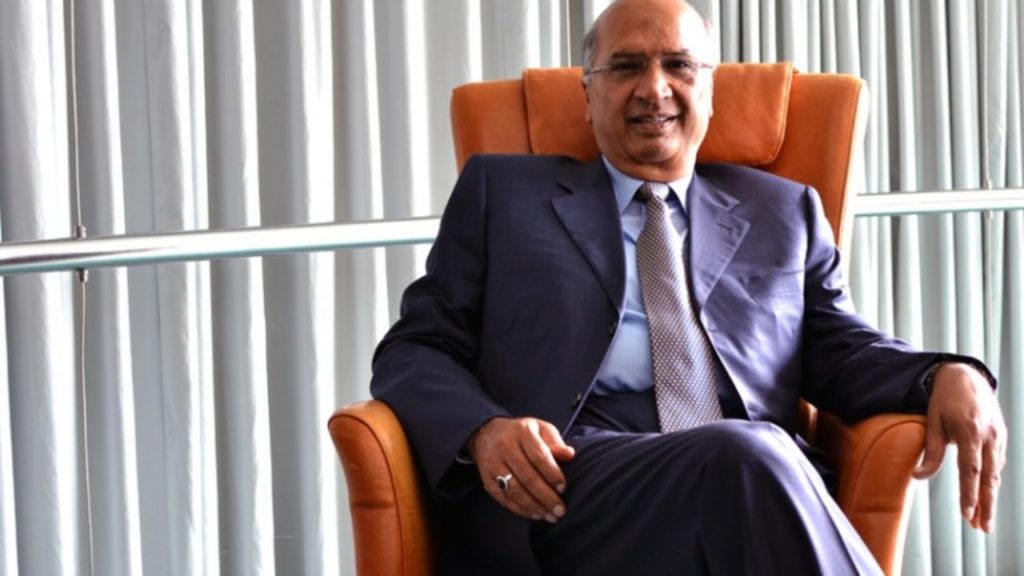
When it comes to deal making, few Kenyans can hold a candle to the acquisition artist, Naushad Merali, the billionaire businessman who made the most amount of dough in the shortest time than anyone else since Kenya’s independence in 1963.
In under two hours in March 2004, the founder of listed firm Sameer Group, pocketed an eye watering Sh2 billion via selling shares of mobile phone operator Kencell Communications in Kenya to Celtel International then owned by Sudanese-born British billionaire Mo Ibrahim.
It so happened that 60 percent of Kencell was owned by French giant Vivendi Telecommunications International, the other 40 percent by Merali.
Vivendi voiced intention to cede their Kenyan operations to Merali who held the pre-emptive rights to the 60 percent stake in case of a sale. Pre-emptive rights are a clause in an agreement where one significant shareholder is given a first right to buy the shares if other partner is off-loading theirs. Vivendi had South African telco giant MTN as buyers, but Merali had other ideas. He exercised his pre-emptive rights by buying the 60 percent stake for Sh1.6 billion loaned to him by Mo Ibrahim.
So that day in March, Merali acquired the stake via Sameer BV. That made him 100 percent owner of Kencell. He then rushed to another room where Celtel executives were waiting and offloaded 80 percent stake for Sh1.8 billion. No other Kenyan had made Sh2 billion so casually! …and did his lawyers.
When Celtel sold the business to Dubai based Zain Group, Merali offloaded 15 percent of his shares for Sh5.3 billion in 2009. Three years later, he sold the remaining 5 percent to India’s Bharti Airtel for Sh738 million.
In total, Merali made Sh8 billion from his Kencel stake over eight years! That was not the first deal from which Merali was making super profits.
In 2000, he bought 75 percent of East African Cables for Sh105 million from Britain’s Delta Electric who were exiting the local market. Merali later sold the stake to Trans Century for 230 million in 2004, making Sh127 million profit!
Besides deal-makers, there also wheeler-dealers-whose only investments are their connections and high level connivance.
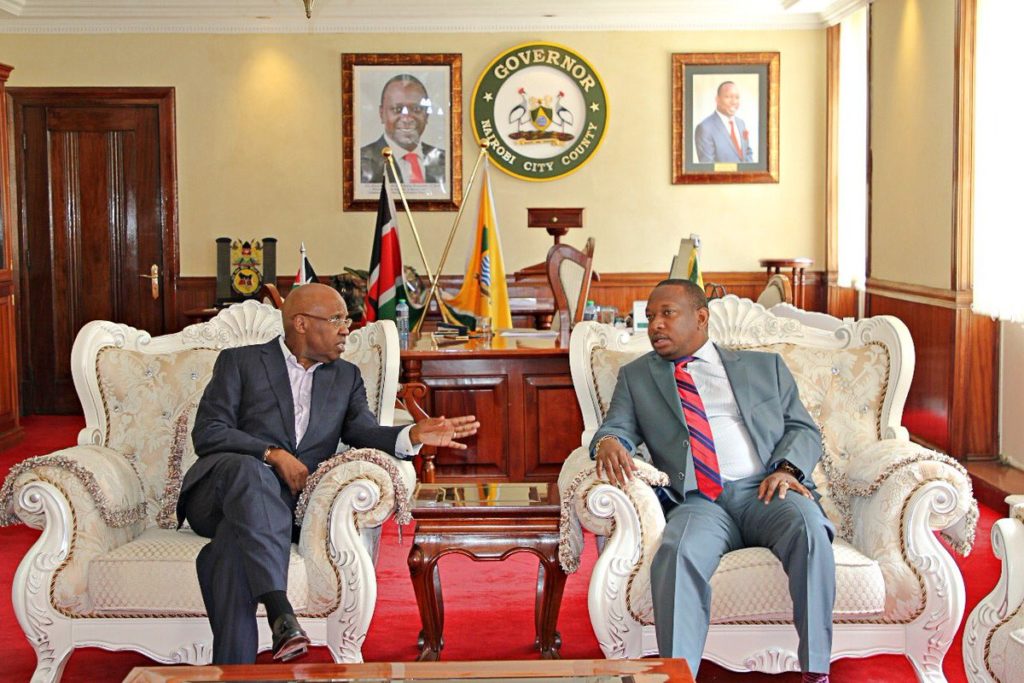
Some Kenyans call them brokers, but those in the high end of the food chain, brokering multimillion deals are in a league of their own. Like Jimi Wanjigi, the wheeler-dealer behind the Standard Gauge Railway.
The SGR cost the government Sh327 billion. Wanjigi’s cut from that loot included a two percent ‘facilitation fees’ (Sh6 billion) payable to his Tyl Ltd ostensibly over navigating through convoluted government bureaucracy for the Chinese investors.
A further 10 percent ‘contract fee’ is payable once the government signs for construction to start-Sh30 billion in case of the SGR. That is from just one railway deal.
The other was the Sh50 billion tender for the JKIA Greenfield Terminal. Jimi’s 10 percent comes to Sh5 billion in 2013. Six years later the government cancelled the deal, but Wanjigi was paid upfront!
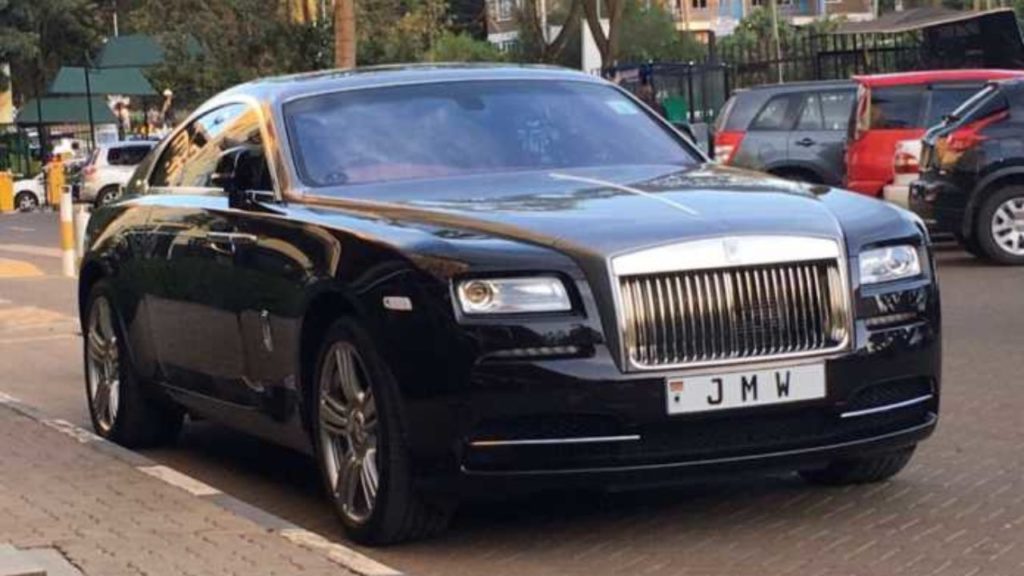
Wanjigi has been in other deals in military and security sector most of them executed when his Godfather, the late Prof George Saitoti, was Minister for Internal Security.
Those in the know told Undercover that when Jimi was chased from the family’s Karen home by his father, former Kamukunji MP and Minister Maina Wanjigi, it was with Saitoti that he took refuge. No wonder first holed up in Lavington where Saitoti has Town Houses.
Shortly, Jimi was swimming in so much money his father had to hire investigative journalists to snoop for source of his sudden wealth. Nosing around led them to the office of Prof Saitoti whose Ministry was behind deals like Anglo Leasing for which Jimi was one of the fattest of go-betweens.
Wanjigi’s two percent ‘facilitation fee’ accounts for a flat in London’s Park Lane, a massive mansion (tastefully furnished by Ndani Interiors and with a heated swimming pool) on five acres on 44 Muthaiga Road, homes in Zurich, a chopper and bank accounts in Dubai and China.
Wheeler-dealers in the Oligarchy hues of Jimi Wanjigi are said to engage in State Capture- the manipulation of state policy to craft budgets, shape laws and regulations and profit from them like the Gupta family has done so peerlessly in South Africa when Jacob Zuma was president.
Wanjigi’s State Capture in Kenya involves fixing tenders or conceiving or taking part in conceiving projects, bending bureaucracy to sign up or own them, then liaising with Chinese companies for securing infrastructure funding from Chinese banks…then getting a cut of the spoils.
Stealing: Start a bank, rob depositors like Janmohammed
One consequence is being caught as all those serving time at Kamiti attest
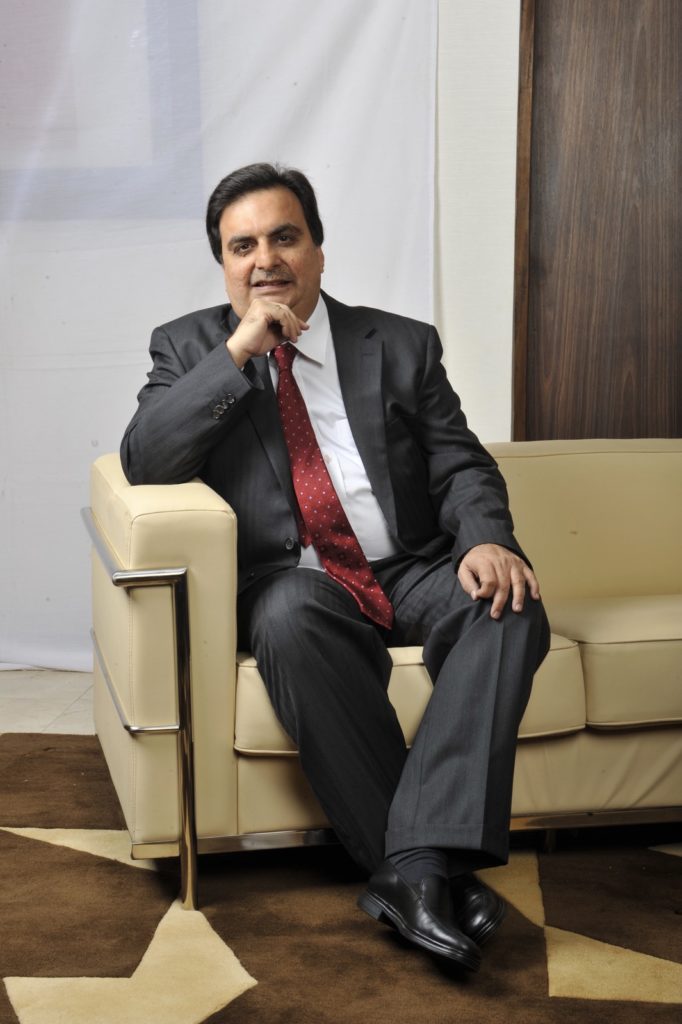
The best way of stealing money is going to where it’s kept-the bank. But it is sometimes easier and safer to start a bank-then rob depositors from the comfort of your swivel chair at the corner office.
That was what Abdulmalek Janmohammed did: he helped turn a hire purchase outfit into Imperial Bank from 1992 before fraudulently salting away Sh38 billion in 13 years via ‘creative accounting.’ It was one of the most elaborate bank heists in Kenya’s history which was discovered after he died of heart attack at 56 in 2015.
Janmohammed, who had only two friends and drove old Mitsubishis despite owning a BMW 5 Series, still lived with his mother in Riverside Drive, Nairobi. He was not married. Had no kids.
Abdulmalek, who drew Sh5 million from his account every month, was obsessively private and kept a small circle of friends, most of whom would become cogs in the wheel of his secret plans for the bank he headed and where he hid his charade by manipulating its accounting software.
Though Abdulmalek owned 12.5 percent of Imperial bank, he had three different books of accounts: the real one showing his swindling ways, a second for the board of Imperial Bank and a third to the Central Bank of Kenya, the regulator. He kept the first.
The only consequence of stealing is being caught as some serving time at Kamiti Maximum Prison can tell you. But alas! Janmohammed was arrested by a heart attack, escaping the cooler.
Gaps in the market: Rose Kimotho and Kameme FM
You must notice that the demand is latent and blatant then lung for the kill
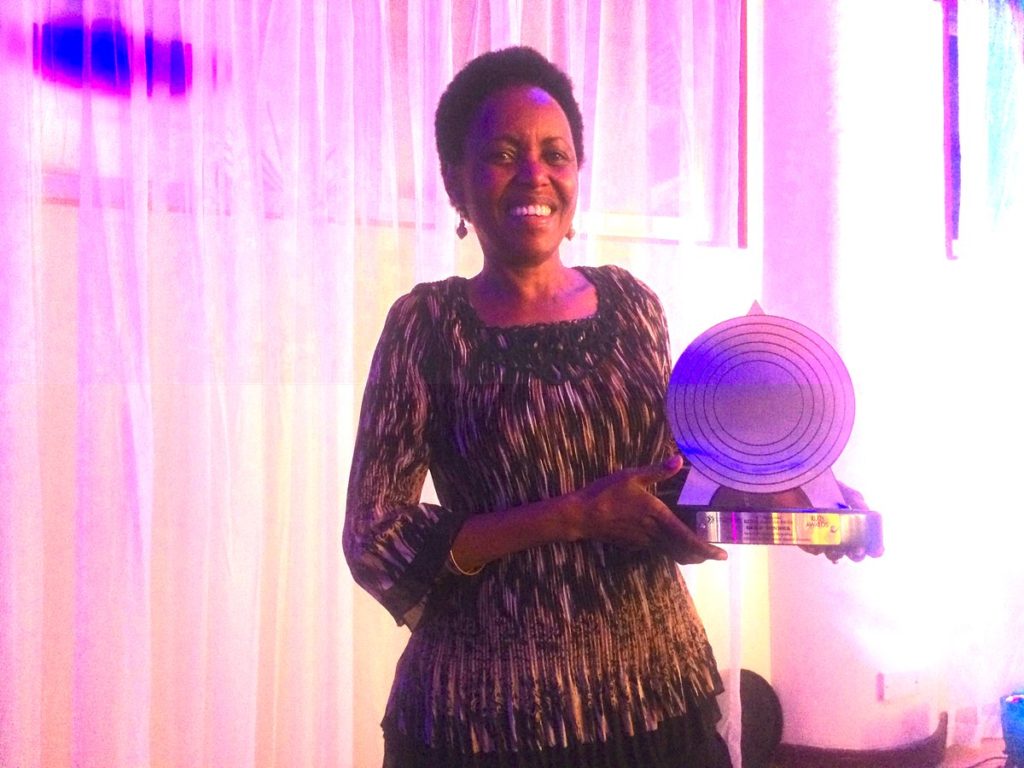
In filling gaps in the market, the future millionaire must possess one, instinct for the Main Chance. Two, choose a soft target, a market where demand is already heavy or where existing suppliers are panting behind the pace of unmistakable change. Third, aim for a sector of massive spending.
Among those who answered the calling was Rose Kimotho who quit McCann Erickson Kenya after realizing she had reached the dead end career speaking.
The years she spent in advertising revealed there was a gap in reaching rural populations with advertising. There was a gap. She founded Regional Reach Ltd which showed films while running adverts in rural shopping centres.
At the time, only KBC ran vernacular radio stations. There was another gap. She filled it by founding Kameme FM in 1999 with an initial capital of Sh40 million. Even as people laughed, it shortly became a market leader. Seeing there was no 24 hour news channel in Kenya, Kimotho founded K24 in 2007 and which she later sold alongside Kameme FM to the Kenyatta family for an undisclosed sum. Both are now part of Mediamax Network Ltd. Kimotho now runs Three Stones Ltd, owners of Three Stones TV and three other Kikuyu vernacular digital stations. But she proved that in exploiting gaps in the market, one must notice that the demand is latent and blatant then lung for the kill.
Shares & stocks: Kirubi earned Sh200 million in dividends from Centum alone
The ‘multiplier effect’ of the stock market can create riches so fast, it’s akin to winning the lottery

The stock market has been one of the surest ways of creating and multiplying paper wealth and few Kenyans have been as peerless as business magnate Chris Kirubi. Relentless buying of Centum shares has upped his stake rise to 30 percent or Sh6 billion in over 30 years minus dividends and share splits. Just last year, he pocketed Sh200 million in dividends from Centum alone.
President Mwai Kibaki assumed office in 2003 and his government decided to raise money, not from foreign loans, but by divesting government interest in companies like KenGen and its Initial Public Offering in 2005. Scangroup also went public the following year.
Shortly, many ordinary Kenyans became overnight millionaires through the ‘multiplier effect’ of the stock market which can create riches so fast it’s akin to drawing the winning card at a national lottery.
The Initial Public Offerings and making crazy quid from the stock market somehow dwindled after the 2007 post-election anarchy which ruined the economy. Though floating Safaricom at the stock market in 2008 created a craze, the returns were dismal compared to the palmy profits days of KenGen. Other companies went public including Access Kenya (which was bought and went private again) but the craze from retail investors had dipped.
This is where the wealthy come in. They have disposable income. They thus buy when everybody is selling and sell when everybody is buying. Those who bought into Safaricom 10 years ago when others were dumping their stakes at Sh3 a throw, have been greatly rewarded since Safaricom hit Sh27-minus dividends over the same period!
Among investors who have continued ripping big time, few have matched gains made by serial investor John Kibunga Kimani. He buys big and holds for the long haul.
That was how he made Sh80 million in 2019 after ceding three million shares in Total Kenya where he was the second largest investor. He had been offloading his stake since 2017.
The 73 year old consultant in agriculture and rural development, used part of the money to increase his stake in Kakuzi, the agricultural firm where he now holds a 31 percent stake worth Sh2 billion and where he once worked as a casual worker in its coffee and sisal plantations. Kimani, who was born a squatter in Kakuzi, plans to raise it to 39 percent. He has been accumulating the shares for over 30 years and by 2005 he owned two percent of Kakuzi which has also ventured into production of blueberries, adding to its tea, avocados, macadamia, trees and livestock operations.
Kimani is now its largest individual shareholder besides enjoying the same status at Nation Media Group. His other significant stakes are in Safaricom, Centum and East African Breweries.
As Heller notes, the stock market, as a cardinal creation of capitalism has been one “engine for the creation of endless wealth, which might, in the extreme cases, be unsupported by any concrete foundation.”
But, on the flip side, the stock market can be a bread of sorrow as those who lost their money with the collapse of the Uchumi Supermarkets can attest. Or those whose paper wealth has been eroded by the severe haircuts taken by counters like Mumias Sugar, Kenya Airways, Home Africa, Deacons East Africa and Trans Century.
CEO: Muriuki’s annual pay equals earning Sh1 million daily
The honcho can make more when his salary is tied to stupendous turnover

Can one be really wealthy through formal employment? Well, the answer is yes, but the highest paid employee is usually the CEO-who is only one in a company-and the route to the corner office can be long and tedious.
If the paychecks of CEOs of firms listed at the Nairobi Securities Exchange (NSE) are any yardstick, then the CEO is one way of becoming a Croesus in real coin-and retire wealthier than if you were running an own show.
For one, some CEOs earn annual salaries equivalent to annual turnovers of other companies. Like KCB Group CEO Joshua Oigara. Imagine, in 2018 his salary and perks stood at Sh273 million-Sh20 million more than Standard Group made in the same period! Oigara was thus financially better off than all the shareholders and employees of Standard Group combined.
A CEO can make even more when his salary is tied, recording a stupendous turnover.
Gideon Muriuki is the highest paid CEO of all the listed companies at the Nairobi Securities Exchange. This CEO of Coop bank, trousered home Sh375 million in 2018 with Sh271million of that bonanza being bonuses. That dough in annual pay equals earning more than Sh1 million daily or Sh42, 000 every hour daily for 365 days.
Muriuki is credited with turning the bank around and growing it to be Kenya’s third-biggest lender by earnings and assets size hence his ultimate reward. Muriuki joined Coop bank in 2001 meaning he has been the head honcho for 18 years. Now, do the math of how much that translates to if his pay last year is any measure.
What’s more, Muriuki is also Coop bank’s largest individual shareholder at 1.88 percent but which he reduced to 1.77 percent after selling shares worth Sh100 million in March 2019. But he still pocketed Sh103 million in dividends from the stake.
The bank explained that his eye watering annual salary was because “the group has invested in a performance-driven reward structure, and the board has rewarded tremendous growth and transformation of the bank.” Muriuki has risen through the ranks since joining Coop bank in 1996, as a senior corporate manager on his way to the corner office in 2001. At the time, Coop bank had made a loss of Sh2.3 billion as it was still smarting from the 1998 terrorist attack at the American Embassy which neighboured its headquarters at ‘Bell-Bottom House’ along Haile Selassie Avenue in Nairobi. It was forced to relocate and ‘Bell-Bottom House’ remained shut to allow for renovation and psychological healing. The asset base then stood at Sh25 billion. His mandate was to turn it around. And the head honcho with a bachelor’s degree in mathematics, did see to it that Coop turned in its first net profit of Sh164.7 million in 2002.
In the time Muriuki has been around, Coop bank was listed at the NSE and asset base has grown to over Sh425 billion today.” Coop bank has also made forays in South Sudan, Ethiopia besides owning 26.5 percent of CIC Insurance Group. Muriuki, in turn, is the largest individual shareholder of CIC Insurance with a 5.04 percent stake valued at Sh132 million.
A CEO can also cream off quite some financial fat from buying stakes on the cheap via a company’s Employee Share Ownership Plan (ESOP), besides the allocation of annual shares as part of the perks depending on performance.
Take former Israeli military paratrooper David Ohana for instance.

He was CEO of KenolKobil, the energy marketer which paid him Sh6.6 million a month.
Through an ESOP, the man who loves marathons, increased his stake to 88 million shares, more than half of it bought for a discounted Sh10.03. French firm, Rubis Energy, came calling with buyout offers at Sh23 in 2019 and Ohana offloaded his stake making a Sh1.1 billion profit before resigning after an insider trading scandal broke out.
That was quite some dough for someone who once said “I will never buy shares in my life, I put my money in fixed deposit…I am a simple man, I travel economy. I don’t mind if you give me a seat next to the toilet.”
Business (taking it public) – like Bharat Thakrar
Going public simply because the parts can be made wondrously more than the whole

Bharat Thakrar started an advertising company he named Scanad in 1982, the year some misguided Kenya Air Force soldiers decided it was wise to overthrow the government of the then President, Daniel arap Moi.
Thakrar’s father was the commercial director at Skyline Advertising, then the largest in Kenya and where he often apprenticed. Forfeiting a chance to study medicine in the USA, Thakrar made his bones at Skyline, first as an account trainee enroute to account director. Skyline closed shop and he moved to Advertising Associates which was bought by McCann-Erickson but bile, after being overlooked for a promotion, saw him quitting and co-starting a food distributorship, but he didn’t enjoy the gig.
He left to found Scanad without a client, but it grew organically into an advertising giant, taking it public in 2006.
Among inherent advantages of taking a company public is that it “multiplies its value and enables the owner to grab real money but leaves him total control over the cornucopia.”
Scangroup, in the fullness of time, grew through mergers and acquisitions including ceding 27.5 percent in 2008 to Cavendish BV which trades as WPP. In 2011, WPP scaled stakes up to 29 percent and on a 50.1 percent stake in cash and share deal worth Sh8.2 billion in 2013.
That saw its name changing to WPP Scangroup where Thakrar is the CEO of what is today Africa’s largest integrated marketing services conglomerate. Thakrar not only earned Sh78 million in annual salary last year but he is also WPP Scangroup’s largest individual shareholders with a 13.2 percent stake worth Sh2 billion co- owned 50-50 with his wife, Sadhna Thakrar.
Heller notes that “going public has considerable financial benefit-simply because the parts can be made wondrously more than the whole” and WPP Scangroup is enough proof.
Thakrar has since been booted from WPP-ScanGroup where he was accused of mismanagement and siphoning funds to his proxy companies in hundred of millions.
Lure foreign investors the conspire to defraud them- case of Simon Gicharu
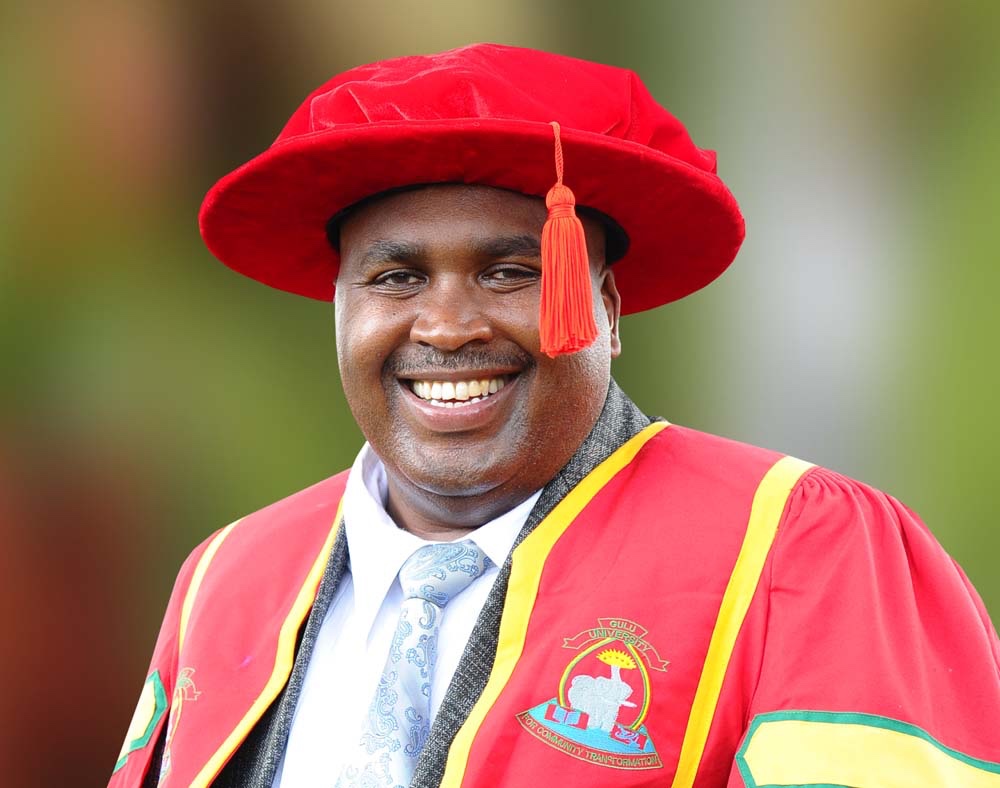
If it’s not for his big built body, he can easily pass unnoticed, Simon is the founder of perhaps Kenya’s biggest private university in Kenya, Mount Kenya university whose wings are expanding beyond the borders in Rwanda as well. He is also the of the Rural Electrification and Renewable Energy Corporation (Rerec).
Unknown to many, the man whose friends describe as a down to earth, humble, is currently one of the top wealthy men from Kiambu. But just how did he make his millions? For someone with close connections to the first family, there’s less left for imagination, the rapid growth of Mt. Kenya University(MKU) has been largely attributed to that link, in-fact some closer to him say he’s just but a proxy owner of the university.
Behind the humble looking man, lies a heap of a crook.
A story dates back in 2008 with the futuristic plan of Tatu City.
Nahshon Nyagah and Stephen Mwagiru conceived the idea of a private city in Ruiru, but did not have the funds for the project. Through Vimal Shah, they scouted for a strategic investor with whom they could own the project on a 50-50 basis, and that is how they brought on board Jennings, an investment banker from New Zealand who had undertaken similar city scale projects in several parts of Africa through Rendeavour Holdings Ltd.
With co-investment commitment with Rendeavour secured, it would emerge later that the trio could not raise the funds to pay their proportion of the investment, in order to acquire the land that makes up Tatu City and Kofinaf, a group of neighbouring coffee farms, Rendeavour through its affiliate companies, paid out USD 21.7 million for the Tatu City land and USD 65.7 million for the Kofinaf land. The seller was Socfinaf, a Belgian coffee and rubber producer that owned and cultivated the land for decades.
It now emerges that Shah, Nyagah and Mwagiru took a shareholding but never paid coin a coin, nor paid back Rendeavour the money it paid for capital acquisition. Instead, they sought to thwart the development of Tatu City through vexatious legal actions designed to frustrate Rendeavour out of Kenya. Because Shah, Mwagiru and Nyagah have invested virtually nothing in the capital acquisitions, their shareholding in Tatu City has dwindled to almost zero.
In what appears to be desperate efforts by Nyagah, Mwagiru and Shah to raise finances to reclaim their stake in Tatu City, it is claimed that the trio obtained Sh500 million from Gicharu on the undertaking that they would help him secure some 1,000 acres of land owned by Rendeavour next to, but not part of, Tatu City. It was too late by the time he discovered that he had lost his money. But not without a fight: Gicharu, on the advice of Mwagiru, developed claims that some unnamed residents of Kiambu had actually purchased shares in Tatu City, and the Tatu City owners had reneged on giving out land to members of the public. This is understood to be the basis of several organised demonstrations against Tatu City. But records tabled in Parliament show that there was never a public placement of shares by Tatu City and that the claim is a fraud.
Additionally, in clever choreographed moves, Nyagah, who is a professed Christian, attempted to fraudulently change the shareholding of Kenyan companies own part of Tatu City to his sister, driver and some members of his church congregation. Shah, on the other hand, sent a forged letter without board approval seeking to freeze Tatu City’s bank accounts. Mwagiru, whose reputation can be easily checked by anyone in court records, in 2010-2013 sought to register caveats using falsified Forms CR12 to indicate that he and his mother were the sole shareholders and directors of Tatu City. Once exposed, Mwagiru and his mother were charged and convicted with offences relating to forgery and uttering false statements before the Chief Magistrates Court at Nairobi.
In the plan of Mwagiru and Gicharu to defraud the investors, it was the MKU chairman who was charged with coining baseless petitions in parliament that were always thrown out, he mounted media campaigns sponsoring journalists and bloggers. Using his political connections he tried to rope in the then Kiambu governor William Kabogo to give the county support in the schemed takeover. The governor didn’t give in to the plans and at one point threatened to expose him, worry of his reputation, Gicharu backed off.
Gicharu has also been a key player in the energy sector where he has stayed in for decades, those closer to him say he has amassed so much from the insider dealings.
Unsurprisingly, he was appointed to Geothermal Development Company(GDC) in 2013 by President Uhuru. By then the Kenyatta family had substantive stake in the energy sector as key shareholders in Kenya Power. His entry into GDC was marked with fierce war with a plot to overthrow then then CEO Silas Simiyu, those privy to the details say he attempted to use his privilege of closeness to the Statehouse to oust the CEO by coining allegations that weren’t approved by the board. It’s claimed he wanted to impose his own loyalist in the helm for obvious reasons.
Again the privileges kicked in and to cool the boardroom wars, Uhuru instead transferred him to Rural Electrification Authority (REA) and now Rerec where he has stayed since 2014. One would wonder why he has maintained his tenure at energy sector for the long? You may Google corruption scandals in those dockets in the specified time and see what you come out with.
Gicharu is also the owner of Cape Media that runs latest popular TV station, T47, a station he pumped 500M in. Previously he was running it in Kigali as Royal TV. In Kigali he once faced expulsion from the country after President Paul Kagame who said MKU education standards were below average for the country. He worked it out and since President Uhuru and Kagame are good friends, it’s said Gicharu had a sit down with Kagame and whatever happened behind doors nobody knows but you can only guess, MKU was allowed to operate.
Next, How To Become a poor millionaire in Kenya.
There's no story that cannot be told. We cover the stories that others don't want to be told, we bring you all the news you need. If you have tips, exposes or any story you need to be told bluntly and all queries write to us [email protected] also find us on Telegram

